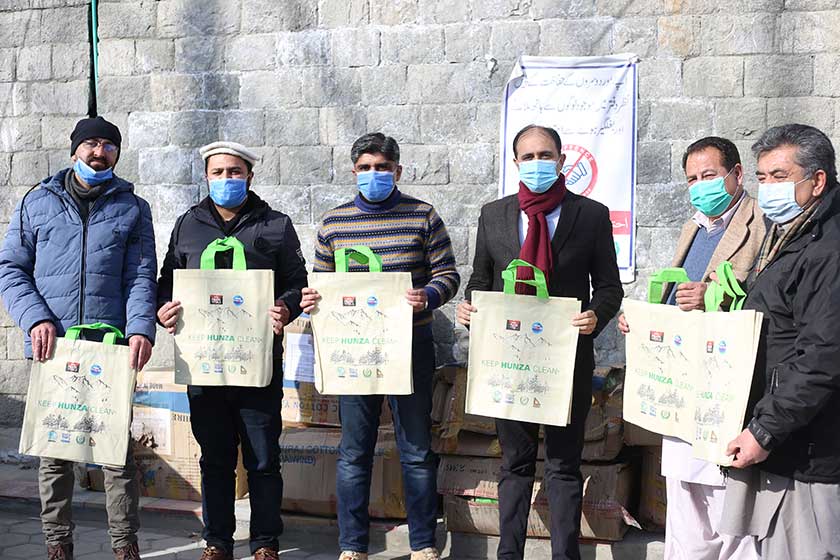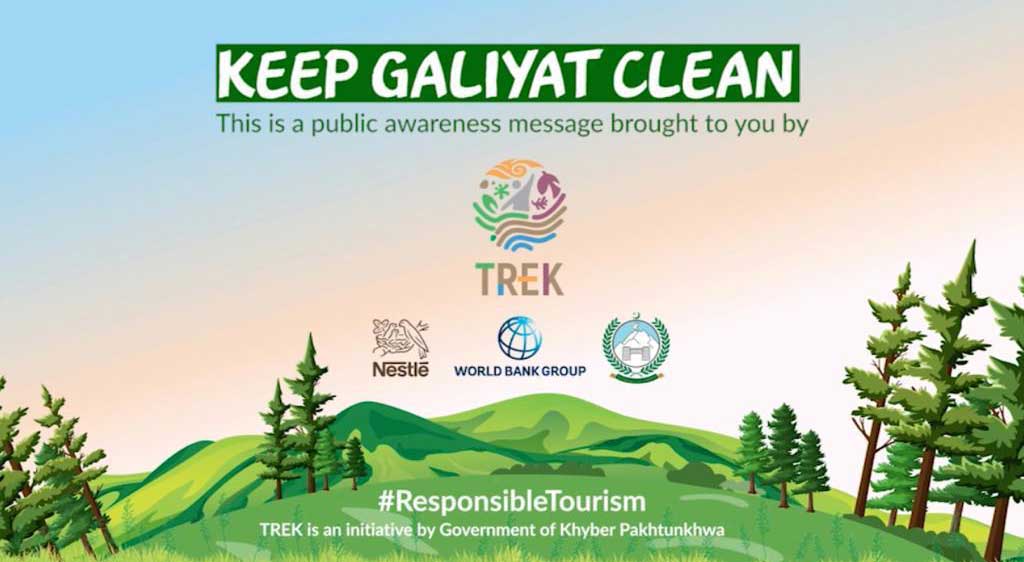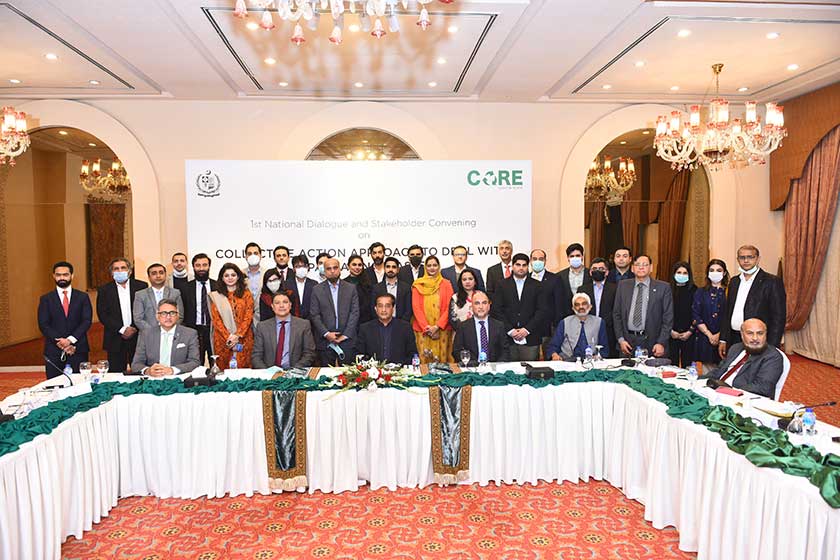Sip Sustainably: Nestle launches paper straws in a bid to make packaging sustainable

The paper straws have been sourced responsibly and meet stringent quality requirements.
(Web Desk) - Joining the movement on World Environment Day, Nestlé Pakistan announces a breakthrough in the company’s sustainable packaging transformation journey, with the launch of paper straws across its entire 180-250ml ready-to-drink packs, becoming the first food and beverage company to do so. With this initiative, they are eliminating over 400 million plastic straws. Nestlé last year globally pledged to make all its packaging 100% recyclable and reusable by 2025.
Nestlé brands NESVITA, MILO, FRUITAVITALS, NESFRUTA and NESCAFÉ’s RTD products – are now in the market with paper straws.
The paper straws across Nestlé ready-to-drink (RTD) products have been sourced responsibly and meet stringent quality requirements. All paper straws used are made from Forest Stewardship Council (FSC) certified paper and are only sourced from suppliers that have passed audits to ensure that they obtain responsibly sourced paper.
Highlighting the company’s global sustainable packaging transformation journey, Samer Chedid, CEO Nestlé Pakistan stressed, “Our vision is that none of our packaging, including plastics, ends up in landfill nor in oceans, lakes and rivers. To achieve this, we have set ourselves the commitment of ensuring 100% of our packaging is reusable and recyclable by 2025, and the switch to paper straws is a major step towards this.”
Chedid also added that while many people are used to plastic straws, making the switch to paper straws will bring a slightly different consumer experience. “We encourage millions of trusted Nestlé consumers in Pakistan to embrace this change and join us in our journey towards a more sustainable future,” he said, according to the press release.
Cognizant of the challenges and the importance of plastic packaging, Chedid pointed out, “Plastic packaging plays an important role in safely delivering high-quality food and drinks to consumers and reducing food loss and waste.”
“We believe that with the right approach, collection and recycling of plastic is possible without causing a detrimental effect on the environment,” he added.
In 2020, Nestlé Pakistan operationalised the Clean Hunza Project, with the support of District Council Hunza and Gilgit Baltistan Waste Management Company. The project focuses on managing 200 tons of packaging waste in 2021, eventually leading up to 1000 tons by 2025 to make Hunza waste-free.

Similarly, Nestlé Pakistan also partnered with World Bank and the Government of Khyber Pakhtunkhwa under the TREK initiative to make northern areas waste-free and promote responsible tourism in the region. As part of the project, Nestlé will be driving new behavior and understanding through community engagement, cleanup activities, trainings and connecting waste recycling companies with the local administration.

Nestlé Pakistan is also one of the founding members of CoRe (Collect & Recycle), the first ever packaging alliance in Pakistan formed with the mission to eliminate packaging waste by enabling formal collection and recycling, while also raising awareness at a mass level.

These efforts to reduce the environmental impact of packaging waste by improving its management and recycling are in line with UN Sustainable Development Goals 12 and 17 – Responsible Consumption & Production and Partnership for Goals.

